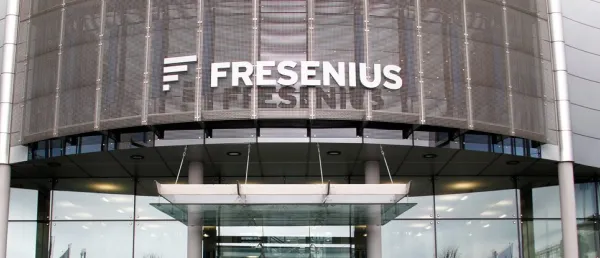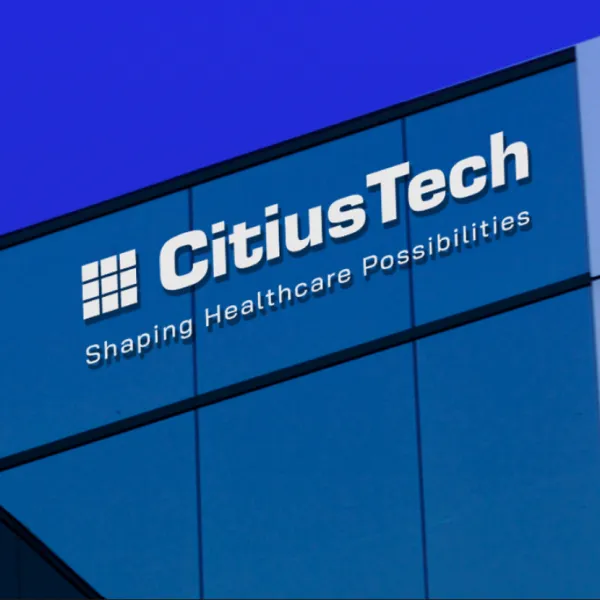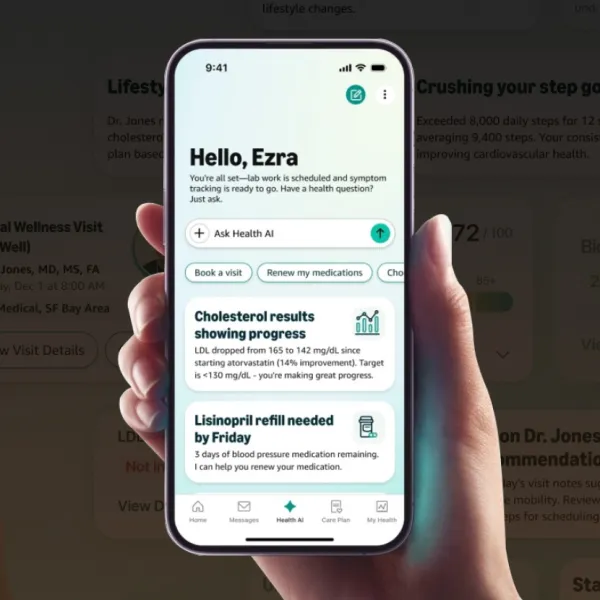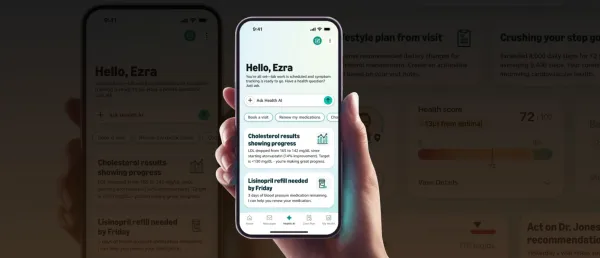UnitedHealth, Humana Support Overhaul of Medicare Advantage Risk Assessment Rules

UnitedHealth and Humana endorse policy changes to restrict Medicare Advantage payments from in-home diagnoses and chart reviews, aligning with a broader Congressional push for reform.
UnitedHealth Group and Humana, the two largest Medicare Advantage (MA) insurers, have expressed support for upcoming federal reforms aimed at curbing billing practices tied to home health risk assessments (HRAs).
Following the inclusion of MA overpayment reforms in the sweeping One Big Beautiful Bill currently moving through Congress, both insurers released statements supporting tighter oversight of at-home diagnoses.
In discussions with Congressional staff, Humana proposed that diagnoses made exclusively during home visits, without confirmation in other clinical settings, should not be used for payment purposes.
The company further advocated banning payments from chart reviews when not directly connected to in-person medical encounters. These proposals reflect six months of internal policy planning, according to the Wall Street Journal.
"Diagnoses recorded only during at-home visits, and not also in other settings, should not result in payments to health plans," Humana conveyed to lawmakers. "Additionally, diagnoses from chart reviews without links to specific medical encounters should not trigger payments."
UnitedHealth followed with a public statement endorsing similar policy shifts. The insurer outlined priorities, including mandatory follow-up care after in-home diagnoses, connection to care navigation pathways, stronger reporting and transparency measures, and the introduction of annual audits on HRAs.
"We support policies that hold in-home clinical visits to the highest standard," UnitedHealth said in its statement.
Combined, UnitedHealth and Humana currently insure nearly half of all MA enrollees in the United States. Both companies have also signaled support for the Improving Seniors’ Timely Access to Care Act, which aims to simplify the prior authorization process.
Insurance trade group America’s Health Insurance Plans (AHIP) echoed the need for standardized practices.
"Health plans support greater adoption and standardization of best practices related to HRAs," said Tina Stow, executive vice president of AHIP.
Meanwhile, a federal watchdog report revealed that $7.5 billion in risk-adjusted payments were distributed based on diagnoses found only in chart reviews, with 1.7 million enrollees receiving no further tests or care. The Department of Justice continues investigating UnitedHealth Group over potential upcoding practices and separate antitrust issues.
Although Medicare program revisions were initially considered politically sensitive, bipartisan interest in reducing overpayments has grown. Senators are pushing for spending cuts in the reconciliation bill to appease fiscal conservatives and address ongoing scrutiny over insurer billing practices.
Stay tuned for more such updates on Digital Health News































